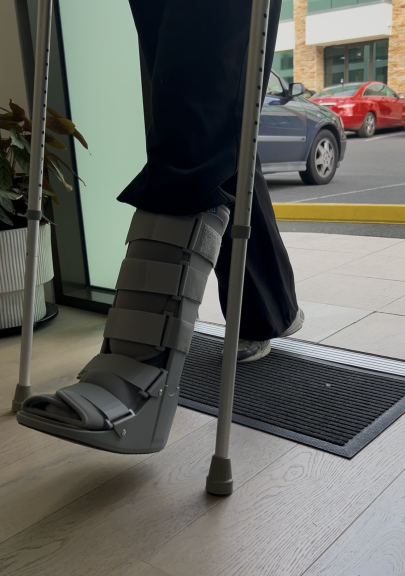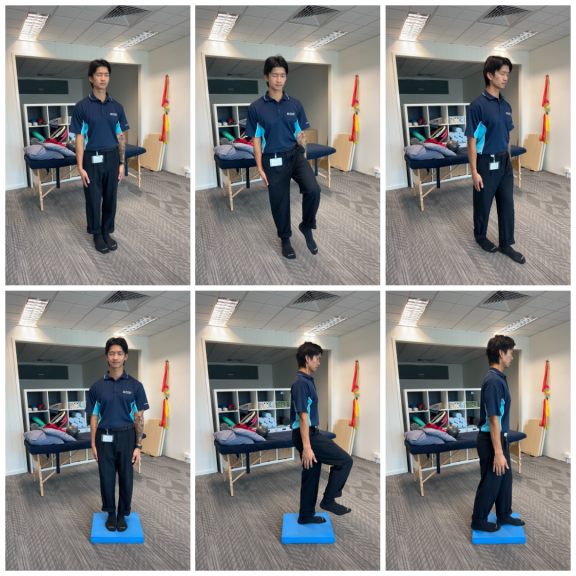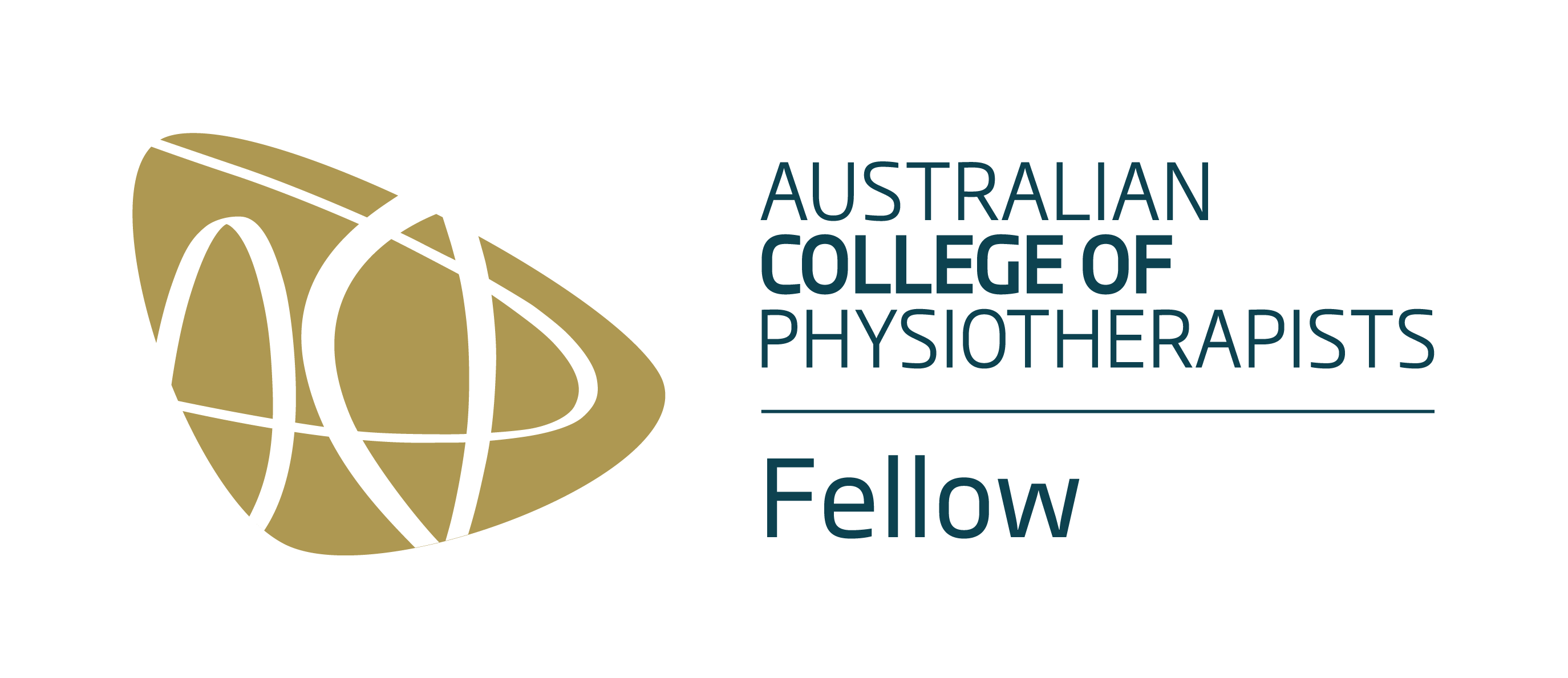A simple bite or glass of one of these pleasures can reek headache or migraine havoc. Whether it's also ongoing stress, a stiff neck or not enough sleep, headaches are debilitating and affect a lot more people than you think. In fact the World Health Organisation in 2010 listed Tension Type Headaches and Migraine after Toothache as the most prevalent of disorders. Headache is a global problem in any language. So what can we do about persistent headaches?

The science
Headache and Migraine are extensively researched and studied, yet researchers and clinicians are still uncertain of the exact causes and disagreement exists between experts. There is however a potential common denominator in headache and migraine.
Some headaches may be caused or prolonged from stiffness in the upper neck joints, the jaw or the neck-to-shoulder muscles. The stress of everyday life, poor posture, lack of sleep, diet or even dehydration can make headaches worse. Other kinds of headache and migraine are thought to be linked brain activity, bloodflow or hormone levels.
Combined physiotherapy and medical research efforts are showing that sufferers of migraine and tension type headache also display changes in muscles and joints (1). Studying the physiology of what makes these headaches different is showing some aspects of each that may actually be the same (2). The brainstem, a part of the nerve system with shared interconnections to the neck, when overactive may become one common factor to neck and head pain.
How can my physiotherapist help?
- Regardless of origin, a headache is troublesome to deal with and can interfere with every day life.
- Physiotherapy techniques can help make changes in activity to the nervous system which could reduce symptoms. This may be beneficial.
- We are ready to assist head pain sufferers, including those that have headaches on one side or that swaps sides, possibly even during an attack.
So what can I do when I get a headache?
- Self massage tight muscles around the neck and shoulders
- Drink more water
- Light exercise such as walking
- Basic back and neck stretches
- Come to see our Specialist Physiotherapist who will be able to help diagnose and manage your headaches
No body likes having a headache. Since most headaches seem to be caused by stress, poor posture, and stiffness around the neck area, simple exercises and activities that decrease stress and loosen your muscles may help manage the head pains. If your headaches are really causing you problems, then our specialist can provide a full headache assessment and a management plan for you to work on.
Suffer from headaches? Comment below and let us know the ways you cope with them!
- Florencio, LL et al. Headache, (2015).
2. Tajti J, Szok D, Párdutz Á, Tuka B, Csáti A, Kuris A, Toldi J, and Vécsei L, J Neural Transm,no. 119 (2012) 557-5681.













